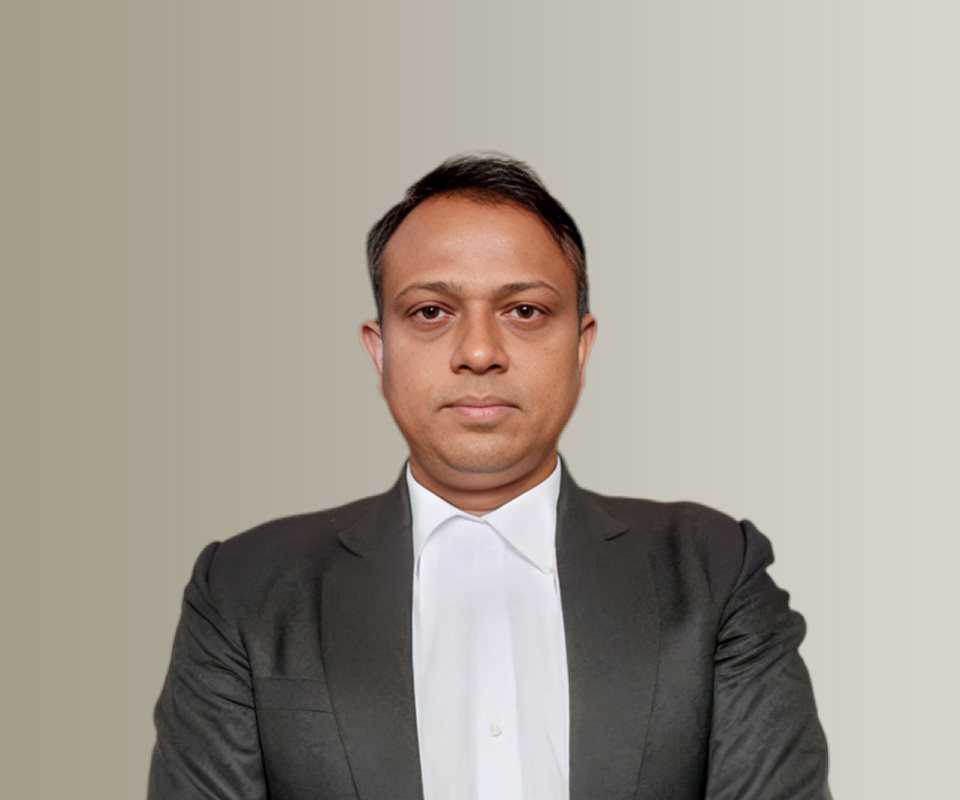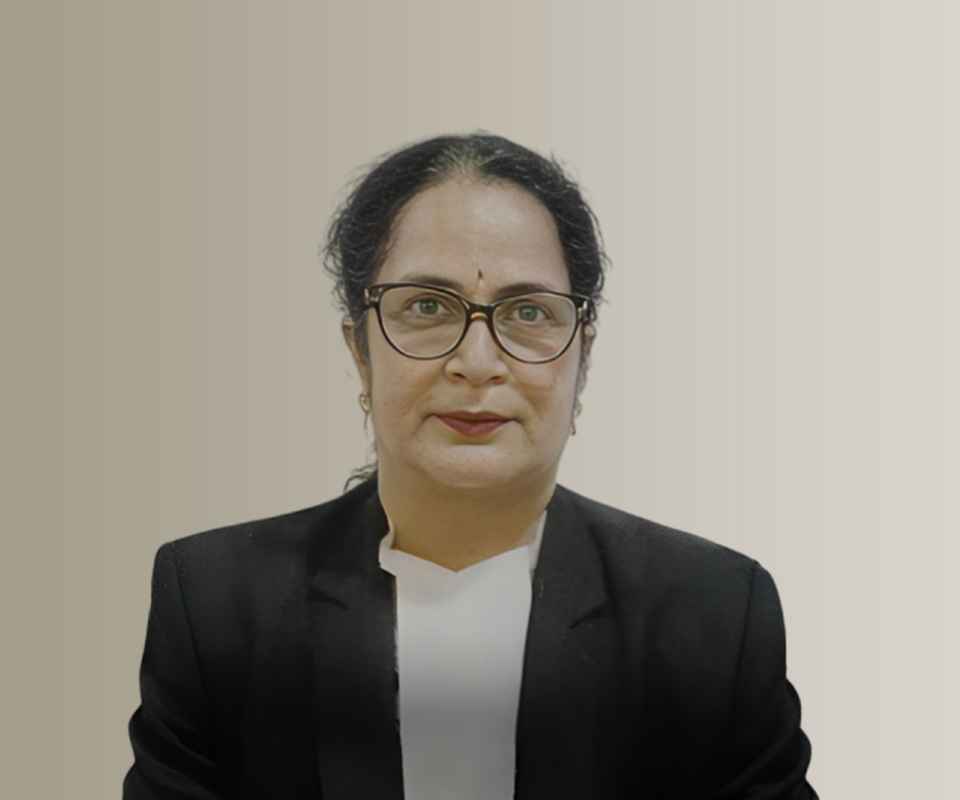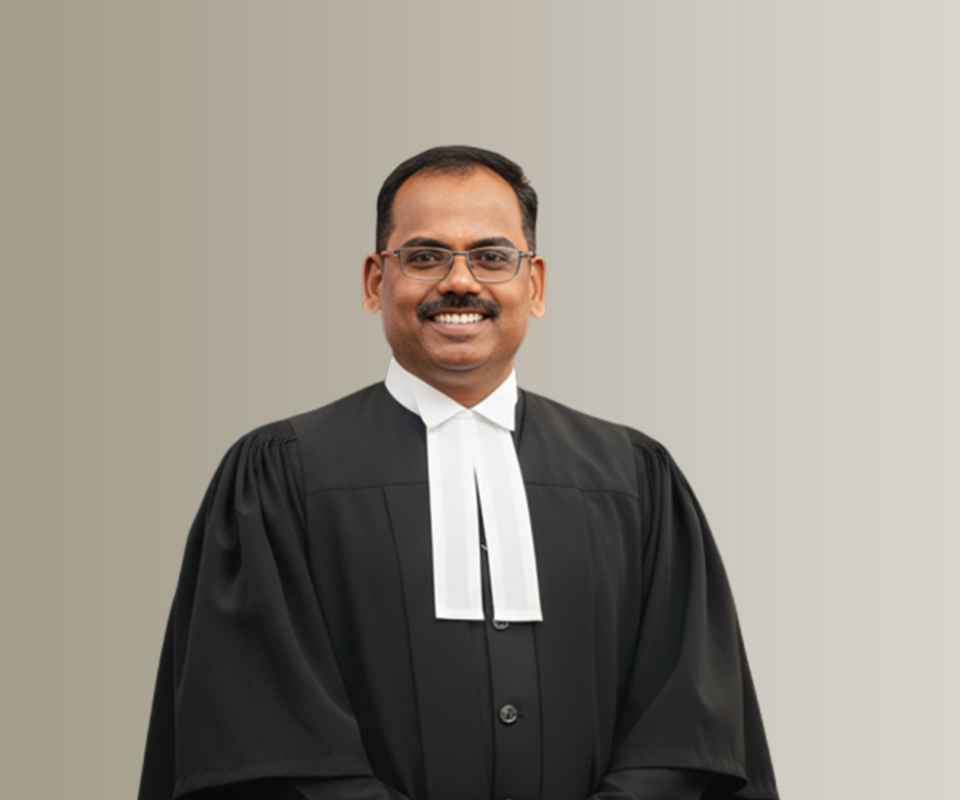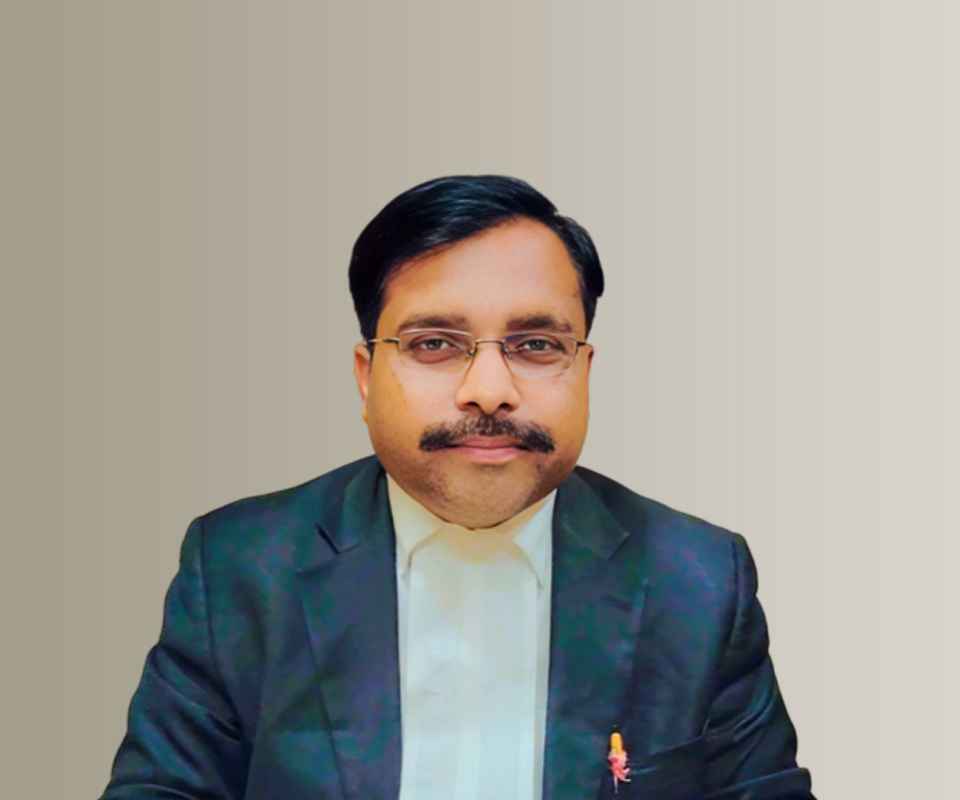Answer By law4u team
Inter-caste court marriages in India are handled similarly to court marriages involving individuals from the same caste or different religions. Court marriages provide a legal framework for individuals of different castes, religions, or backgrounds to marry without facing societal or familial pressures. Here's how inter-caste court marriages are typically handled in India: Marriage Registration: The couple intending to marry files a joint application for marriage registration at the office of the Marriage Registrar or Marriage Officer in the district where either party resides. They may specify their intention to marry under the Special Marriage Act, 1954, which allows for inter-caste and inter-religious marriages. Notice of Marriage: After filing the application, a notice of the intended marriage is displayed publicly at the Marriage Registrar's office for a specified period, typically 30 days. This allows for objections to be raised by any interested party, such as family members or relatives. Objections and Inquiry: If objections are raised during the notice period, the Marriage Registrar may conduct an inquiry to verify the validity of the objections. The objections may relate to issues such as consent, coercion, or existing marriage. Marriage Ceremony: Once the notice period expires and no objections are sustained, the marriage ceremony can take place at the office of the Marriage Registrar or any other location agreed upon by the parties. The marriage is solemnized and registered in the presence of witnesses and the Marriage Registrar. Marriage Certificate: After the marriage ceremony, a marriage certificate is issued to the couple by the Marriage Registrar. The marriage certificate serves as legal proof of the marriage and is required for various purposes, such as applying for visas, passports, or social security benefits. Legal Protection: Court marriages provide legal protection to couples, especially in cases where families may object to inter-caste or inter-religious marriages. The Special Marriage Act, 1954, allows couples to marry without regard to their caste, religion, or background and provides safeguards against coercion or pressure from family members. Challenges and Social Stigma: Despite legal provisions, inter-caste court marriages may still face challenges and social stigma, particularly in conservative or traditional communities. Couples may encounter opposition from family members, social ostracism, or threats of violence. In such cases, seeking legal assistance and protection from authorities may be necessary. Overall, inter-caste court marriages in India are governed by the legal provisions of the Special Marriage Act, 1954, which allows couples to marry irrespective of their caste, religion, or background. While court marriages provide a legal framework for inter-caste marriages, couples may still encounter social and familial challenges, and legal support may be necessary to protect their rights and interests.









